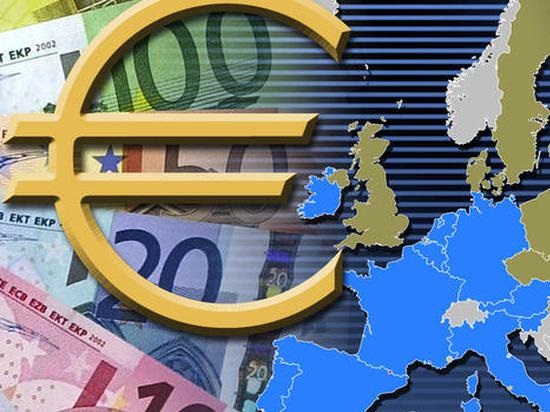
Europe's economy has been struggling with a slow recovery in recent years, and data showing growth of just 0.3% in the second quarter underscored the weakness of the recovery. Among them, the sluggish performance of Germany and the industrial sector has become an important factor dragging down the European economy.
As one of the largest economies in Europe, Germany occupies a pivotal position in the European economic landscape, with its gross domestic product accounting for 28.5% of the eurozone. However, the German economy has faced many challenges in recent years. On the one hand, the low level of investment in business and housing construction is undoubtedly a heavy blow to the German economy, which is relatively large in industry. Industry continues to play an important role in the country's economy, but lack of investment has made it difficult to achieve effective expansion and upgrading of industrial development. On the other hand, Germany also faces a host of problems such as bureaucracy, aging infrastructure, a shrinking workforce, an overburdened social security system, and an aging population. These problems are interwoven, not only increase the operating costs of enterprises, but also weaken the competitiveness of the German economy, resulting in a slowdown in economic growth, and even in the second quarter there was a quarter-on-quarter decline, which has a negative impact on the overall recovery of the European economy.
The downturn in the industrial sector is also a key reason for Europe's slow economic recovery. After the energy and price crisis, the European economy is gradually emerging from trouble, but the recovery of industrial production is extremely difficult. Across the euro area as a whole, industrial production still faces significant challenges in returning to pre-pandemic activity levels. Businesses are facing a combination of persistently weak demand and increasing cost pressures. In the absence of demand, it becomes difficult for companies to pass on higher costs to consumers, further squeezing corporate profit margins. High inventories mean there is limited room for a recovery in industrial production and companies are cautious about expanding production. In addition, the outlook for the manufacturing sector is grim, with surveys of businesses and economic actors suggesting that orders are likely to weaken early in the third quarter and that production will contract further.
Europe's slow economic recovery is also influenced by the external environment. The slow global economic recovery has restricted Europe's export markets. With the rise of international trade protectionism, especially under the coercion of the United States, the trade relations between the EU and some economies are facing uncertainties. Geopolitical conflicts, such as the conflict between Russia and Ukraine, have not only affected Europe's energy supply and prices, but also affected Europe's trade and investment environment. These external factors have increased the difficulty of Europe's economic recovery and put greater pressure on European companies to compete in the international market.
In order to boost Europe's economic recovery, European governments and EU institutions need to take a series of measures. At the policy level, we should increase investment in infrastructure construction, improve transportation, energy and other infrastructure conditions, and provide strong support for economic development. At the same time, it is necessary to further promote structural reform, improve the flexibility of the labor market, reduce the operating costs of enterprises, and enhance the competitiveness of the economy. In the industrial field, we should increase support for scientific and technological innovation, promote the digital and intelligent transformation of industry, and improve industrial production efficiency and product quality. In addition, it is also necessary to strengthen international cooperation, actively expand external markets, and reduce dependence on the single market.
In short, Europe's slow economic recovery is the result of a combination of factors. The weak performance of Germany and the industrial sector is an important factor in this, but the uncertainty of the external environment also has a huge impact on the recovery of the European economy. European countries need to work together to take effective policy measures to promote economic recovery and development. Only in this way can the European economy emerge from its difficulties and achieve sustainable growth.

报告显示,中国电力投资加速增长,预计2024年电网基建投资将超过5300亿元。
近日,市场迎来了一则引人注目的消息:工业巨头3M公司(MMM.N)在本周五公布了其季度业绩报告,随后股价飙升至近两年来的
最近,外媒给OpenAI算了笔账,今年可能要血亏50亿美元。
近日,巴黎奥运会和世界铁人三项协会联合发布了一项重大决定,宣布因塞纳河水质污染问题,原定于近期进行的奥运会铁人三项首次下
当地时间7月18日,法国巴黎发生了一起令人震惊的持刀袭警事件。
近期,一则重大消息在国际舞台上引起轩然大波,马来西亚宣布加入金砖国家。
调查发现,互联网和智能手机的使用干扰了韩国近五分之一学生的生活。